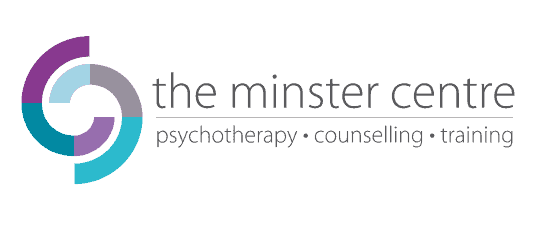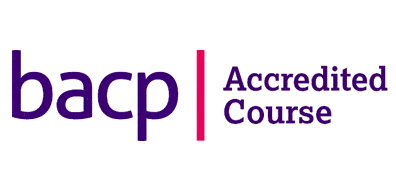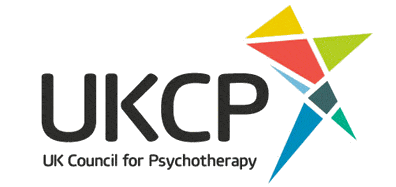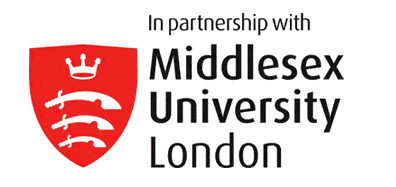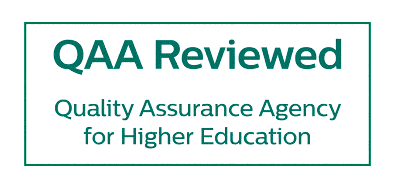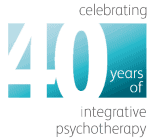About the Course
Counselling skills can help you gain insight into how to deal effectively and helpfully with people who are distressed or you may find challenging. These are skills that can be useful at work and in your personal life. You will practice basic counselling skills, such as how to accurately reflect back what a person is saying, summarising, and asking open-ended questions. You will also learn about :
- The skill of ‘active listening’ – being with a person, and at the same time being able to step back.
- The ‘core conditions’ – the ability to be with a person:
- without introducing your own agenda;
- to accept what they are saying, in their own terms;
- and to be your genuine self.
This course, like all our courses, emphasises an experiential style of learning. Central to counselling skills practice is the idea that to understand the experience of another person you must first understand our own.
The course is structured so that students learn not only from what is taught, but also by actively engaging in exercises. Much of the learning is in small groups and there is an emphasis on students, where appropriate, sharing and reflecting on their own experience.
Course Content
Each session will be made up of three parts:
- Counselling and Psychotherapy Theory,
- Skills practice,
- Self-development.
All three elements are central in developing professional competence within any helping profession.
Theory Seminar
In the theory seminar you will learn about counselling skills and some key ideas in counselling theory. You will be invited to discuss and explore some of these ideas and reflect on how you relate to these ideas and concepts. You will also be encouraged to reflect on your own intersectionality and start thinking about this in the context of theory and the psychotherapy profession.
Skills Practice
In the skills practice session, you will be divided into small groups where you will practice active listening skills, usually with one person in the role of listener, one as client and one or two as observer to give feedback. There will also be an opportunity for your tutor to observe you in these roles.
Personal Development Group
And finally for personal development, there will be what is called an experiential group (self-development group). This is an opportunity to explore your own response to the course, your interactions with other people and where appropriate, the process of the group itself. You will be invited to reflect on your own patterns in relationship to others, and the impact of others on you. The self-development group provides you with a unique opportunity to deepen your learning about yourself and others.
Assessment
A 750-word essay on what you have learnt from the course and your reflections on your self-development. This essay will not be graded. However, feedback will be given to you by your tutor about your engagement on the course.
There is a 80% minimum attendance requirement for this course.
Course Leader(s)
Course Leader: Neelam Zahid
Course Tutors: Cindy Delport, Anita Gaspar, Patricia Grey, Áine Hayes, Nadine Hughes, Fiona Pope and Neelam Zahid.
Course Dates and Times
Course Dates 2024-25
- Mon 2nd June to Mon 4th Aug 2025; 10.00am-1.00pm, in person (10 weeks)
- Thurs 24th Apr to Thurs 3rd July 2025; 6.00pm-9.00pm, in person (10 weeks)
- Sat 17th May to Sat 12th July 2025; 9.30am-1.15pm, online (8 weeks)
- Sat 5th July to Sat 2nd Aug 2025; 10.00am-5.00pm, in person (5 weeks)
Intensive Course Dates 2024-25
- Mon 31st Mar to Fri 4th Apr 2025; 11.00am-6.00pm, in person intensive
- Thurs 3rd Apr to Mon 7th Apr 2025; 11.00am-6.00pm, in person intensive
- Mon 7th Apr to Fri 11th Apr 2025; 10.00am-5.00pm, in person intensive
- Mon 7th July to Fri 11th July 2025; 10.00am-5.00pm, in person intensive
- Mon 14th July to Fri 18th July 2025; 11.00am-6.00pm, in person intensive
- Mon 21st July to Fri 25th July 2025; 10.00am-5.00pm, in person intensive
- Thurs 24th July to Mon 28th July 2025; 11.00am-6.00pm, online intensive
- Mon 4th Aug to Fri 8th Aug 2025; 11.00am-6.00pm, in person intensive
Who Is It For
- Those in the helping professions to enhance their listening skills.
- Those who want to develop their self-awareness.
- Those who want an experience of experiential learning.
- Those interested in training to become a counsellor or psychotherapist
- Those who want to prepare for The Minster Centre’s Foundation courses.
Entry Requirements
This is an open access course. You do not need particular qualifications or work experience to attend this course. Undertaking counselling training at any level can be a psychologically and intellectually demanding process, and requires a degree of psychological robustness. Therefore, personal qualities we are looking for in trainees include:
- An openness to forming and maintaining relationships with others.
- The ability to engage in experiential learning.
- A willingness to tolerate difference and engage with intersectionality.
- The capacity to develop empathy.
- The ability to reflect on experiences.
- Openness to feedback from tutors and peers.
Having had a mental health diagnosis or difficulty in the past is not, necessarily, a barrier to training. However, we do need to consider whether there is a danger of the training exacerbating mental health problems in applicants. For this reason, we may ask about mental health during the application process, and the Centre reserves the right to refuse admission to applicants who we judge would not, at this time, be suitable for the course.
For courses taught online, applicants need the technical ability to work online and have a private and confidential space to attend training sessions.
Qualifications
Students are eligible for an Introduction to Counselling Skills Certificate at the end of the course if they have submitted the 750-word assignment by the deadline and they have attended a minimum of 80% of their classes.
Students who have not met the criteria above on any of our Introduction to Counselling Skills courses will receive a letter of attendance only at the end of the course.
Career Prospects
The Introduction to Counselling Skills course can:
- Be a stepping stone to ongoing counselling and psychotherapy training
- Support careers in HR, Healthcare and Teaching
- Support your applications to some mental health vocations.
- Be part of your continual professional development.
Fees
2024-25: £495
Terms and Conditions Once you receive a conditional offer of a place on our Introduction to Counselling Skills course, you have three days to pay your course fee in full by bank transfer. After that deadline, if your place has not been secured by paying your fee in full, your conditional offer will be automatically moved to our waiting list.
Transfer Students who have secured their place on a course and can no longer attend it are permitted to transfer their place once to another Introduction to Counselling Skills course within the same academic year only, as long as we are able to fill their place (please note: places are subject to availability).
Refunds Should you withdraw from your course 14 days prior to the start date, or within the 14-day period and we can fill your place, we will refund your course fee in full. Should you withdraw after commencing the course there is no refund.
Venue
The Minster Centre is a five minute walk from Queens Park Tube (Bakerloo line) and Rail Overground Station and a 10-15 min walk from Brondesbury Park Station.
How to Apply
Applications: You apply directly to The Minster Centre via the online application form below. Please ensure each section is fully completed in order for your application to be considered for this course. If you have any further questions please see our FAQs page or email us on [email protected]. We particularly welcome applications from Black, Asian and Minority Ethnic (BAME) candidates and people with disabilities, as they are currently under-represented at the Minster Centre and in the psychotherapy profession.
